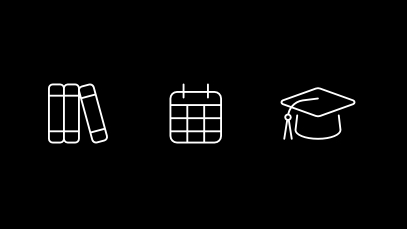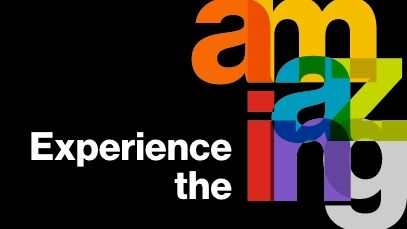International students have the option of working a part-time job while studying in Croatia. Student jobs mostly relate to hospitality, logistics, and similar industries. To work while studying, students must register at the Student Services Center which acts as an intermediary or a matchmaking service between the employer and the student. Student jobs are part-time and temporary, allowing students to adjust their work engagement to their student obligations.
Finding work in the largest cities such as Zagreb, Rijeka, Split or Dubrovnik is normally easier.
Also, Croatia is one of the few countries offering a digital nomad visa! The program was launched on January 1, 2021, and allows remote workers and freelancers to live and work in Croatia for up to one year. The visa is available to citizens of countries outside the European Union who can demonstrate that they are self-employed or employed by a company outside of Croatia and have sufficient income to support themselves during their stay.
More info can be found here.






